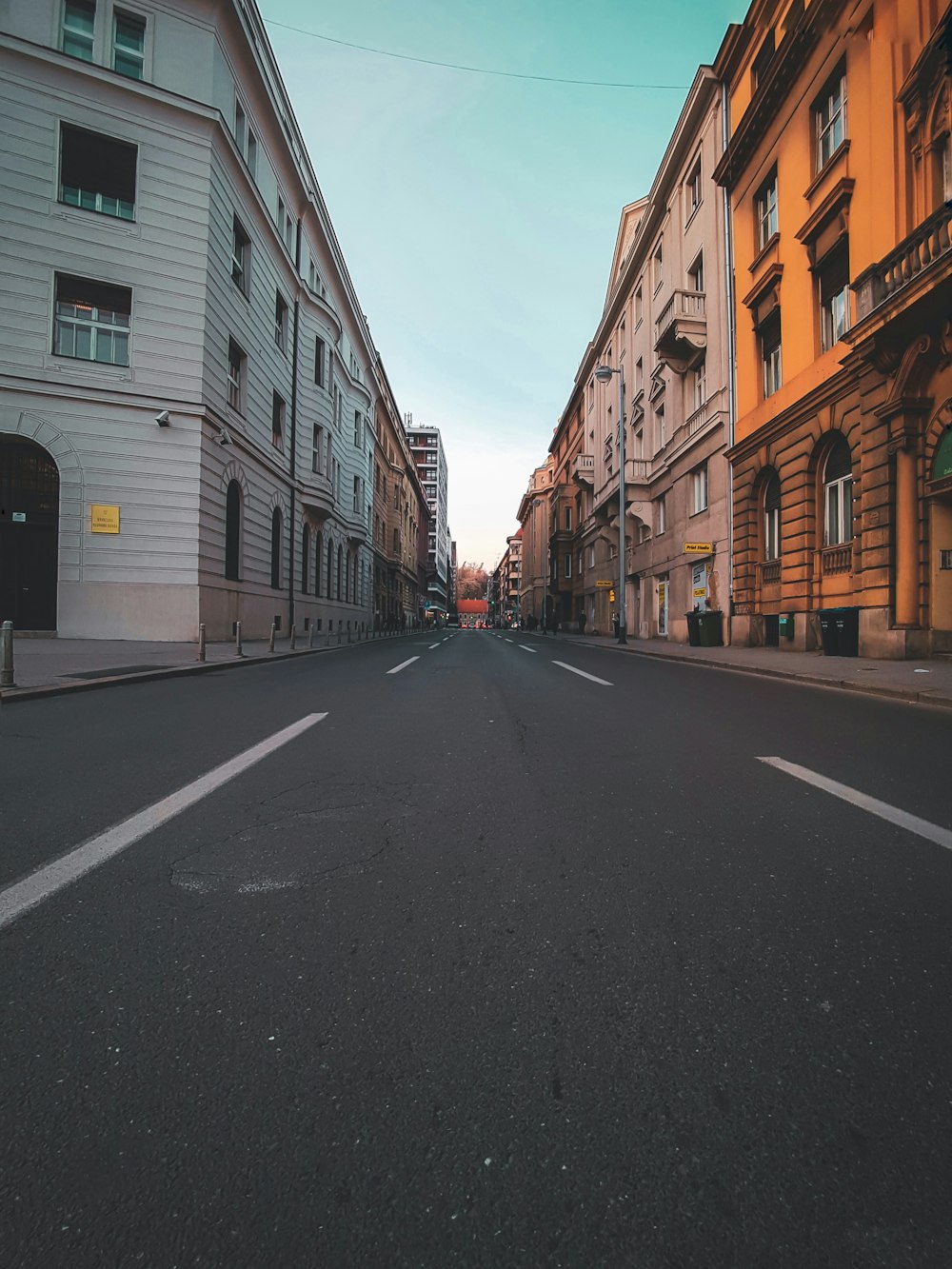No-Man’s Land
by Austin Segrest
When you dismantle existing boundaries in your environment, it frees you from their limitations, but it requires you to bring your own boundaries where you didn’t have to before.
—James Williams
No travel, all walks exhausted, socially starved yet keen on avoiding the maskless masses who, apparently, just discovered walking, I’ve taken to the tracks. At first, it was a shortcut, the tracks behind my house running diagonal to the town grid. Then I started walking on the rails. Getting my balance, engaging my core. Contorting around on one foot to keep from stepping off, a spastic ballerina.
I thought of tight-roping and gymnasts and hippies slacklining between trees on campus. Thought I was getting pretty good till I realized (with the exception of the balance beam, on which gymnasts do more than merely walk) their “rails” were moving, while mine was not. Or not much. It does vibrate when cars cross or a train’s coming. Which isn’t often. But it does, like being where I know I’m not supposed to be in the first place, give my pastime an edge of risk.
It’s amazing how overlooked the tracks are. A vagrant margin, defying conventional time and space. And it’s amazing, and comforting, how I can disappear there: between factories behind my house, or under the Oneida bridge by the river. But, committed to my discipline, if I’m going to cover any ground, there’s going to be more public stretches. Part of me is always waiting to be called out (if not run down). It’s a paradox, engaging in an egregious activity, but not wanting to be seen.
Growing up a latchkey kid in the hills south of Birmingham, Alabama, I explored as much terrain as I could—at least until other pursuits took precedence. My mother, meanwhile, was always an avid walker. She walked religiously every morning, starting out in the dark, going out in any weather. She’d be gone what seemed like hours, running on her body’s scant fat reserves, running herself down. She wasn’t happy.
It terrified me when I was little. Now it’s a major thread in my poetry:
Across the Street
I ran across the street, I didn’t know any better.
Ran out in the street, I didn’t know no better.
I just knew a woman was there, though I’d never met her.
She sat me in her parlor, distracted me with trinkets, milky glass birds and fish, distracting trinkets.
She said my mother would be fine, but did she think it?
The world was a blur of crystal wings and fins. My tears were casked in crystal, wings and fins. She was the first of many lady-friends.
The tree shadows shortened, she brought me a drink of water. Morning matured, she brought me a glass of water.
I drank it so fast, she went and brought another.
I kept looking out the window, she didn’t ask me what for. I watched out that window, she didn’t ask what for.
The seconds broke off and lay there on the floor.
I imagined my mother’s route, as far as I could. Her long morning walk, followed as far as I could. Nothing I could do would do any good.
Suffer the little children, and forbid them not.
Christ said suffer the little children, and forbid them not. Said love thy neighbor, sometimes she’s all you got.
No doubt, there’s something lonely and reckless about my walking, too.
I’ve learned that swinging my arms in a fluid stride works better than holding them out. I can go a mile or more without stepping off now. Thinking about my balance and breathing is centering, of course. But then long stretches pass where I’m somewhere else entirely, working on a poem, suspended in thought-limbo.
Like other walking composers and reciters and memorizers, I sometimes think my legs, as if by shaft or belt, power my brain. Step building on step. One word, one phrase, one line, one sentence at a time. Keeping it on the level, an elevation of inches.
“I’d take you out there,” the late Thomas Lux writes in his ars poetica, “The Pier Aspiring,” “but it’s a six-hour walk / and the work’s redundant...”
I negotiate crossings and junctures where rails split off and join. I alternate right and left rails, each leaning slightly in, knock-kneed. Scored by the wheels of steel, slowly broadening, attenuating.
It’s glacial-lake-bed-flat here. Looking up now and then, you can see a train coming from a long way off. But coming up behind you (and they go both ways) is another story. Looking back without stepping off is hardly feasible. At first, every sound, every wind or car or factory whine makes you want to check. “But at my back I always hear / Time’s winged chariot hurrying near.” Like Orpheus, you can’t look, not if you’re going to get anywhere. Czeslaw Milosz writes, “don’t look back, the Erinyes are behind you.” My mother’s Furies? The train bells are the giveaway.
I love the endlessness of those never-meeting lines glowing with low evening sunlight as I walk home westward behind the fire station. Stretching away like couplets down the page.
Once I looked up and a drunk bucked at me like he was going to knock me off the rail. I jumped away. He didn’t even laugh. Once a track-maintenance truck, converted to ride the rails, snuck up behind me, a kind of duck boat. Once it was a train. I was way out in the sticks, where the elevator and dumbwaiter factory stretches nearly a mile toward the dump on one side, a swamp and corn field on the other, lost in thought. I wouldn’t say it was a close call, but the train was upon me—or “up on” me—when I turned around. I admit that, though our town managed to vote down train honking last year, I might have expected the courtesy. If the conductor was even looking, that is. Trapped between the steep gravel embankment and thicket, I waited nearly twenty minutes for the long train to thunder past.
Austin Segrest’s poem “Across the Street” was published in the June 2019 issue of Poetry.




